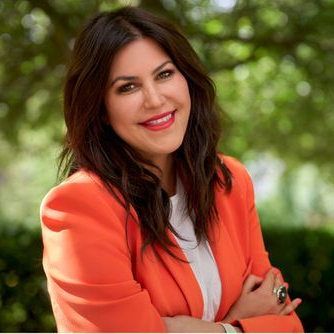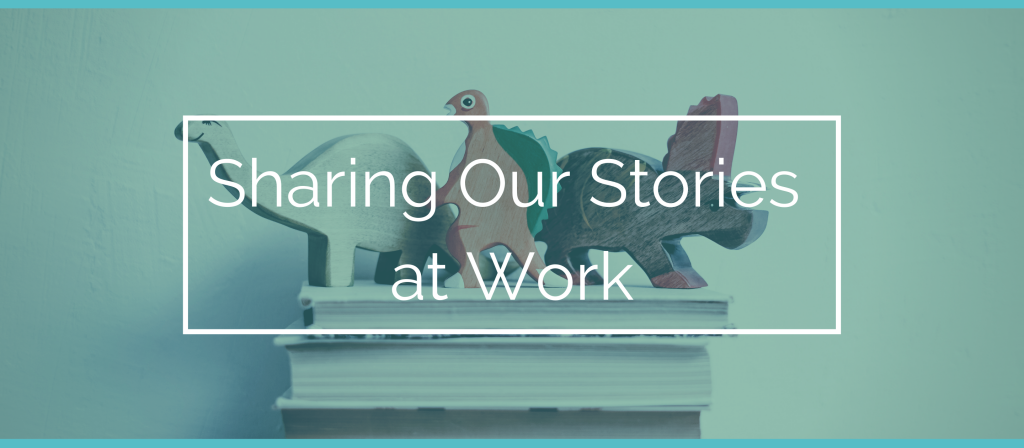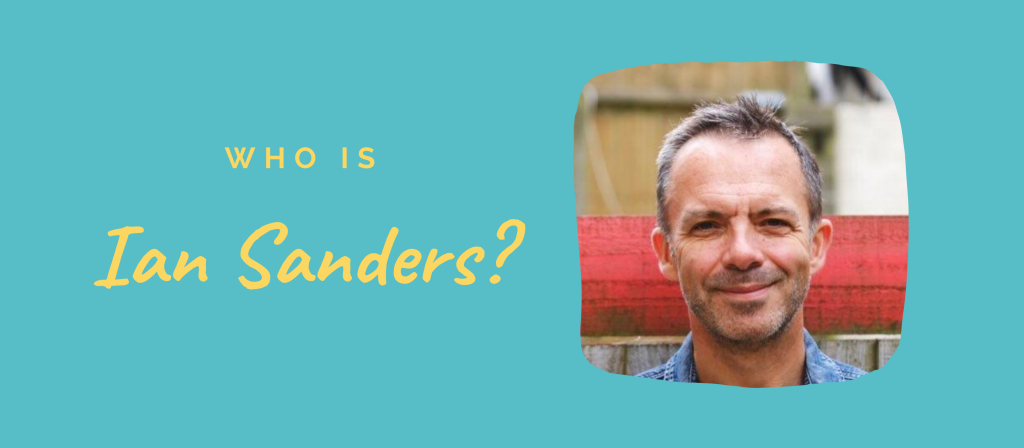
more articles by Cate Murden

Nancy is CEO at Duarte Inc, a 115 person design firm based in Mountain View California that works with some of the world’s biggest companies. And like most teams right now, Duartians – for that’s what they call themselves at Duarte – are working from home.
On a chat recently Nancy told me, “You pop in late to a meeting and everyone is telling a story – of what happened that day or the week before. It makes you bond, it makes you strong. If we didn’t have that storytelling culture, I don’t know how we’d be so knit together like we are right now.”
Sharing stories at work is key to building cultures that support loyalty and growth. And a story-sharing culture starts with team members telling something of themselves during video calls like those at Duarte and, of course, in the thousands of other companies around the world now using online tools to get connected.
It’s the person that matters.
Sceptics might question why it’s important to share personal stories with co-workers – what do they have to do with what goes on in the 9–5 of an organisation? But sharing personal stories is a fast-track to a better understanding of each other, and that reinforces a sense of trust as well as building respect.
“The more open you can be with your team, the more that you’ll get that back”
Sally Croft joined Ericsson during lockdown, so she’s had to get to know her team without having yet met a single one of them in person. Sally implemented her own story-sharing ritual by hosting a virtual ‘fika’ session, a Swedish ritual where teams get together for coffee and cake in order to get to know everybody. In these sessions, chat about business is strictly off-limits. “The more open you can be with your team, the more that you’ll get that back,” Sally told me recently. “Sharing our stories on what really matters has been a great way of onboarding – I’ve got to know my team members more quickly than I may have otherwise.”
We’re sociable animals after all. Few of us will sit with friends sharing mathematical formulas. We share stories because they have the power to connect us. Scientist Paul J Zak has conducted research which shows that stories generate oxytocin, the chemical associated with empathy. Stories create an emotional engagement between us.
Over the last few months our work lives have undergone a seismic shift. Our personal and professional lives are more meshed together than ever. We all have a window into each other’s homes, glimpsing kitchens, dining rooms, pets, flatmates and children as we join in our company’s video calls. It’s more relevant than ever to start sharing those personal stories so our connections get a deeper insight into who we are.
There is a thirst for hearing about what’s going on, and also what’s going well. We need stories to garner our shared experiences and connect emotionally with others.
Sharing something about yourself in a work context adds colour to your conversations and connections, brings your roles and responsibilities to life and builds engagement. It makes the world of work more human. When that personal side is absent, we’re missing a huge opportunity to engage on a deep level with others.
There are no crystal balls to give us clarity about how our organisations will look in 2021. We don’t yet know the shape of the new world of work. But one thing is certain: storytelling is an important vehicle for leaders and their teams. If you’re looking to replicate the success of leaders like Sally and Nancy, cut a slice of their cake and start by establishing some rituals.

Ian Sanders is a storyteller and creative consultant. He has toured his Power of Story keynote to audiences ranging from The European Court of Auditors in Luxembourg to Amway’s European awayday in the foothills of the Bavarian Alps. He’s run in-house storytelling sessions for clients including Black Sun plc, Equifax, Tektronix and Thomas Cook Money. For the BBC Ian designed and delivered a popular 18 month series of workshops for journalists from around the world.
